By Leslie Tan, Colin Tung, Lim Yong Teck, Jasmine Goh
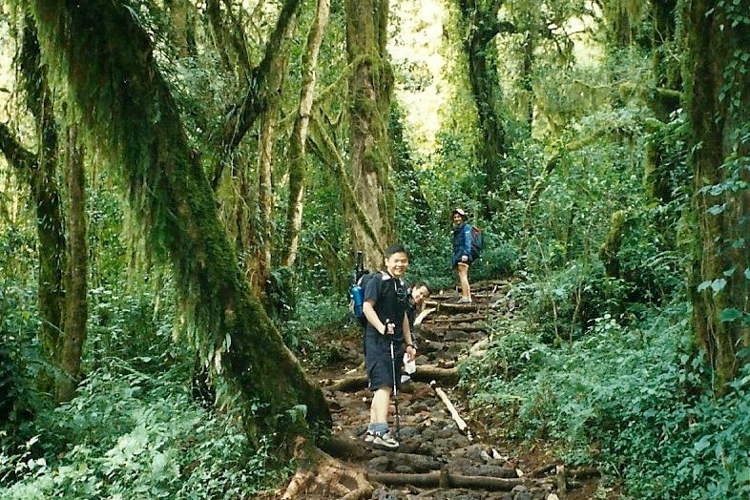
In his younger days, Minister Wong trekked up Mount Kilimanjaro, the highest mountain in Africa. (Photo courtesy of Lawrence Wong)
Lawrence Wong, 41, was elected to the Singapore Parliament at the 2011 general election. A member of the governing People’s Action Party (PAP), he is currently the Minister, Ministry of Culture, Community and Youth, and Second Minister, Ministry of Communications and Information.
Mr Wong studied at Haig Boys’ School, Tanjong Katong Secondary Technical School (the school was renamed Tanjong Katong Secondary School in 1993) and Victoria Junior College, before going on to the University of Wisconsin–Madison in the United States where he completed a Bachelor of Science degree in Economics in 1993. He subsequently obtained a Master of Arts degree in Economics at the University of Michigan–Ann Arbor, and also a Master of Public Administration degree from the Kennedy School of Government at Harvard University.
In an exclusive interview with Red Sports, he talks about National Service, foreign sports talent, the S.League, the Sports Hub, sports funding, ActiveSG, sports trends, and his personal best times for running.
Leslie Tan, Red Sports: One of the contrasts in Singapore is that while we have no lack of facilities, there is the lack of competition. At university and polytechnic level, we see competition shrink. He [pointing to Lim Yong Teck of Red Sports, who has represented the Singapore Institute of Management basketball team at Institute-Varsity-Polytechnic (IVP) level] is one of the persons who will attest to it because he saw the number of games at IVP level shrink.
Minister Wong: Has it shrunk?
Lim Yong Teck, Red Sports: Yes. Last year was the first year that they tried out the new system for IVP. Previously, every university, every polytechnic, ITE, came together to play at IVP. But, last year, because of certain complaints that university standards are too high for polytechnic students, they had an overhaul. They changed it to only top-three of the Polytechnic-ITE (POL-ITE) Games and SUniG (Singapore University Games) to compete at the IVP.
Leslie Tan: The background to that also is that the academic calendars are not aligned, so that’s the other struggle they (the Singapore University Sports Council) have, so I appreciate the context. But, from the point of view of the average school athlete, the attraction or the desire to play university or polytechnic sport goes down.
Minister Wong: I can understand that. One way, of course, is to work through the university council and then continue to improve the format of the current varsity games. So, if there’s feedback, we can approach MOE (Ministry of Education) and the university council.
The other thrust that we are doing is to set up ActiveSG as the national platform and national movement for sports. Through ActiveSG, we are, in fact, approaching many different schools to provide, firstly, more opportunities to play sports, because you also hear feedback from many parents and students that ‘If I can’t get into the school team, I can’t play the sport’, so the opportunity to play is limited.
So that’s one thing that ActiveSG hopes to address: link up with different schools and put in place programmes so that these programmes, in lieu of the CCA, if you can’t get into the CCA, there will be programmes that you can participate in and sports that you can enjoy.
It’s already started, it’s not across the board yet and it’ll probably take time to see this happening across all the schools. We’ve already started in a few schools things like, for example, in Cedar Girls’ Secondary, the track and field programme.
ActiveSG worked with Cedar Girls’ to come up with a track and field programme. So one advantage for ActiveSG is that it’s able to be an aggregator, the platform for different schools to come together, and ActiveSG can coordinate so that they can put in place more sporting leagues and more platforms for competitions over time.
This is work in progress, we’ve just started, but that’s the ambition for ActiveSG. We started with the Singapore National Games so that’s one platform. But with the schools, if we have more of the schools coming on to the ActiveSG programme for specific sports, then we can do more activities, more school leagues at different levels of play, and more competitions as well.
Leslie Tan: The people who don’t make the first team of every school will be very happy to hear that. Some schools, more than others, have a lot of demand (for certain sports) but there’s only that many first-team places.
Minister Wong: Yes, indeed. That’s our goal for ActiveSG. It’ll take some time, but it’s progressively being put in place.
Leslie Tan: So the idea is, if I can find fellow schoolmates who also haven’t made the school first team, we can go to ActiveSG, sign up together, and play in a league? That’s the vision?
Minister Wong: Yes, indeed. So, for example, take a popular sport like football, there are many kids who want to play football. Quite a number will not get into the school team – understandable. ActiveSG may link up with the schools there and come up with a football programme. With this football programme, if your students, who are interested, sign up for the football programme, they can come regularly, once or twice a week, learn to play, and it counts as one of their CCAs.
So they participate, sign up, and if we have a critical mass, then ActiveSG can put them in a certain league of sorts and then they have different levels of play. So they might not be of school team level, but they can still play amongst themselves, still have competition, enjoy themselves and learn to improve while they are playing.
Leslie Tan: Does that mean ActiveSG has to beef up even more because it has to administer leagues, to plan the schedule, make sure umpires show up? That’s a huge undertaking.
Minister Wong: Yes, of course. So I can’t do this for every sport, clearly. I can’t do this overnight and it will be very hard to do this across all the schools. But we’ll have to be selective about the sport and we will have to start different types of sports with different programmes with different schools.
The one thing that started, like I said, is track and field in Cedar Girls’ and I think they are trying to get more schools to sign up for the track and field programme, partly because if you look at track and field, the scene has changed from the years when we had very active track and field clubs. So the club level is weak and ActiveSG can come in to fill that gap.
Leslie Tan: One of the things that has changed over the last seven years since we have been covering school sports is to see how the sports fixtures have moved to the first half of the year. Before 2009, track and field and swimming were traditionally in July. Both have moved to April since 2009. From the point of view of some teachers and principals, that’s good because they get the sport out of the way, then focus on studies. What are your thoughts on this obsession with grades?
Minister Wong: Well, it’s a broader issue on how we define success in society. Certainly, there is a feeling of increased competition on the academic side and MOE (Ministry of Education) is looking at that issue. We’ve talked about it and so there are things that MOE is doing.
But the broader issue is really about how we, in society, look at success and role models of success that go beyond just the very narrowly-defined academic success.
And I think you already see the definitions and pathways broadening. Aside from what happens in schools, you see more role models and parents who are prepared to support their children in their sporting endeavours. And they will try to balance studies and sports and they are able to do so.
With the Sports School, we are doing that. But there are also graduates from mainstream schools – they do their academics but, at the same time, they also train hard and achieve sporting success.
And we have many athletes who are doing that like our sailors Kimberly [Lim] and Savannah [Siew] – they come from mainstream schools but they are doing well in their sports. Those from the Sports School, when they move on, they have programmes in the polytechnics or universities, in which they can continue their studies and, at the same time, focus on sports.
Our system is giving them more opportunities to do so because we have SpexScholarships (Sports Excellence scholarships) and a high performance system that allows them to take time off. We work with their universities to give them more flexible curriculums so that they can take time off to train if they want to do so, and the opportunity to get scholarships to pursue their sports overseas.
If they do that, like Joseph Schooling and Jazreel Tan (who did bowling and studied in Wichita State University), that gives them more flexibility because they can train in their sports with some of the best in the world – in the NCAA (National Collegiate Athletic Association) – and they can compete at that level and, at the same time, they can come out with a university degree.
So you see a lot more examples in that space. And, I think, as we continue to build up our High Performance Sports System, there will be more role models and, hopefully, over time, perceptions will change and we’ll have more parents who will be supportive of their children going into sports in a serious way.
Look out for Part 6
On National Service and sporting heroes – an interview with Lawrence Wong (Part 1)
On foreign sports talent – an interview with Lawrence Wong (Part 2)
On S.League and racial lines in sports – an interview with Lawrence Wong (Part 3)

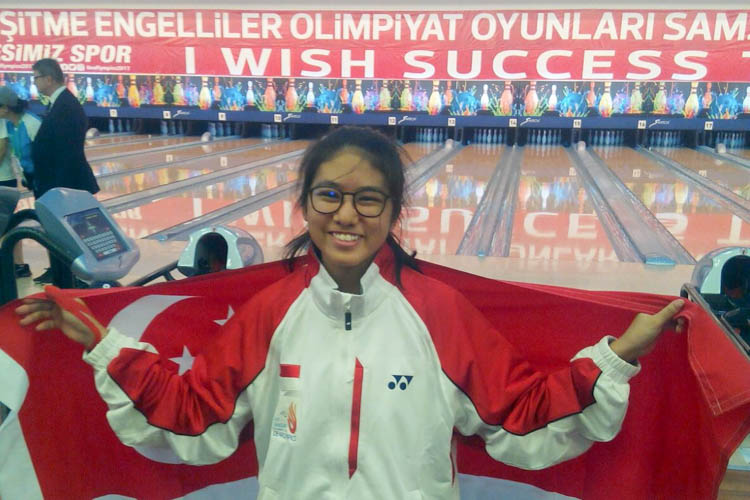
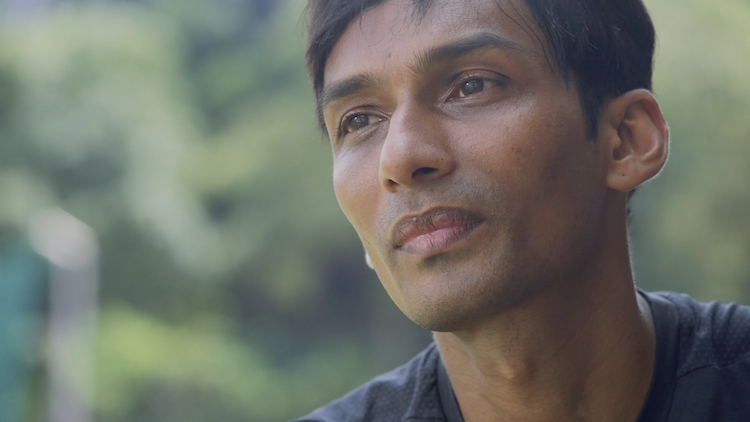
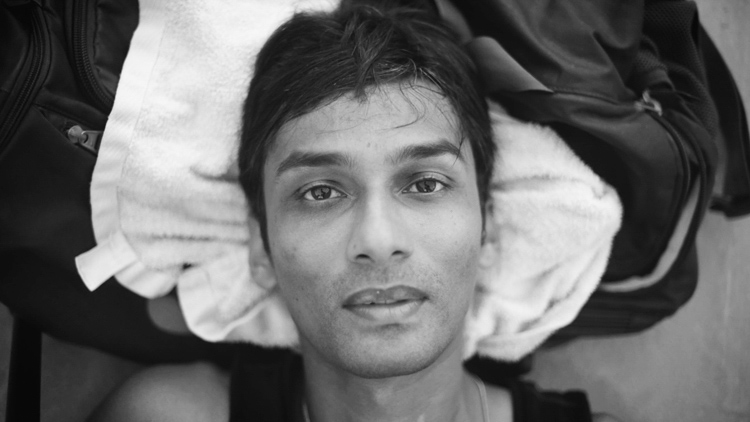
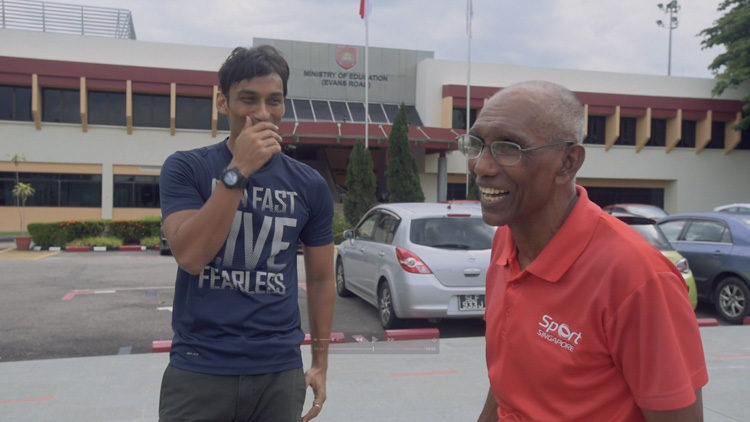
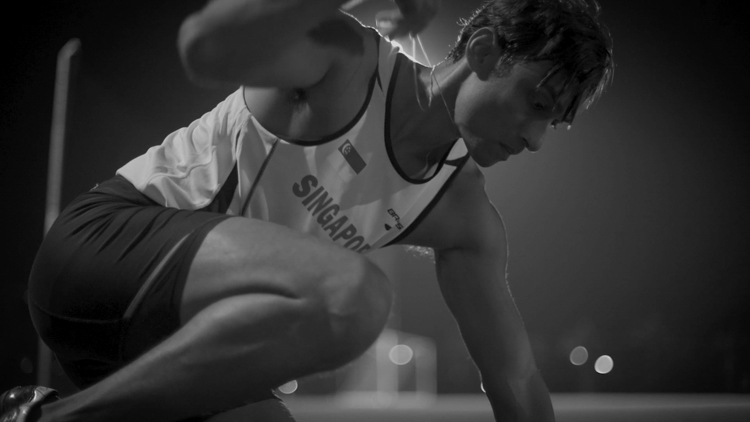
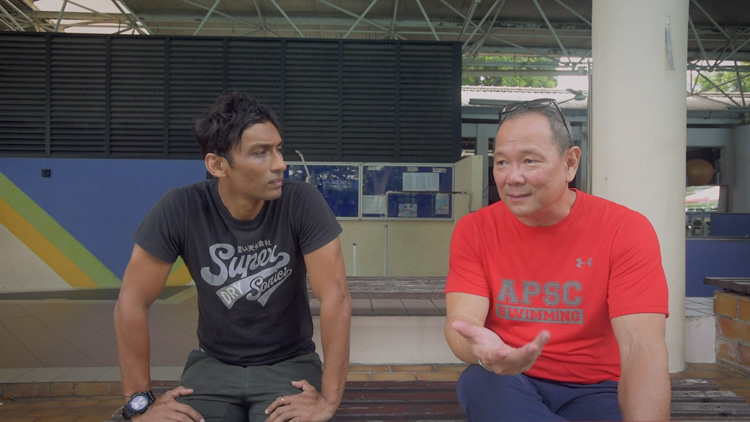
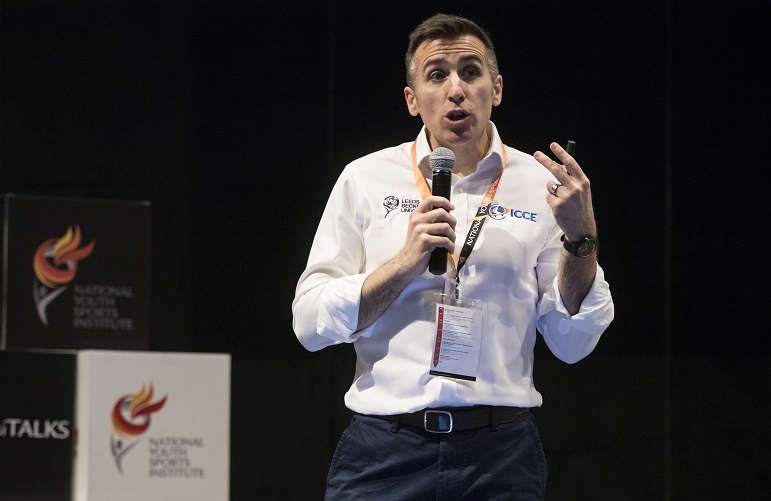
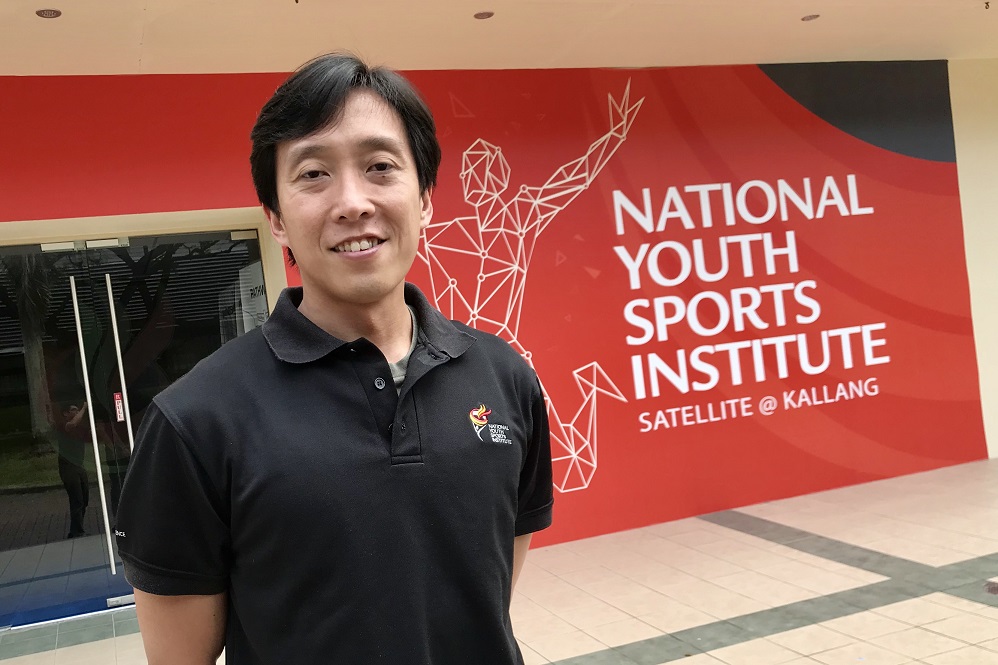
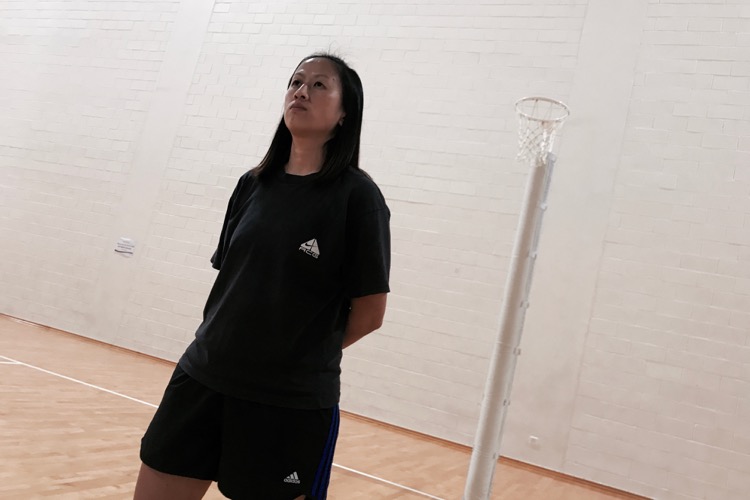
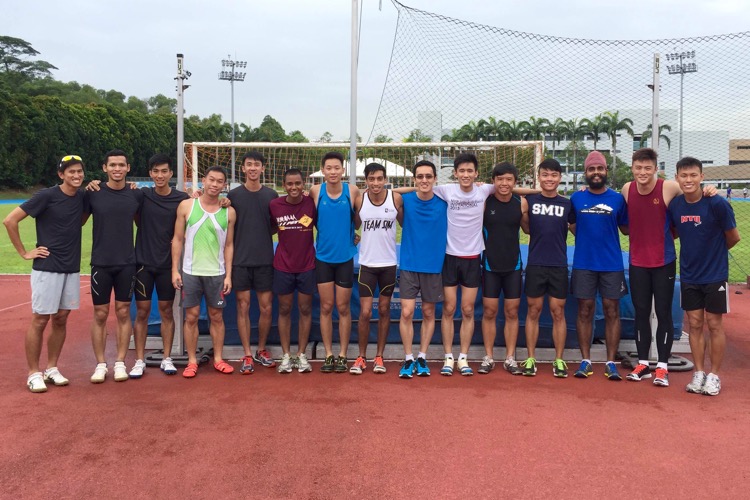
[…] talks about National Service, foreign sports talent, the S.League, the Sports Hub, sports funding, ActiveSG, sports trends, and his personal best times for […]
[…] talks about National Service, foreign sports talent, the S.League, the Sports Hub, sports funding, ActiveSG, sports trends, and his personal best times for […]
[…] talks about National Service, foreign sports talent, the S.League, the Sports Hub, sports funding, ActiveSG, sports trends, and his personal best times for […]